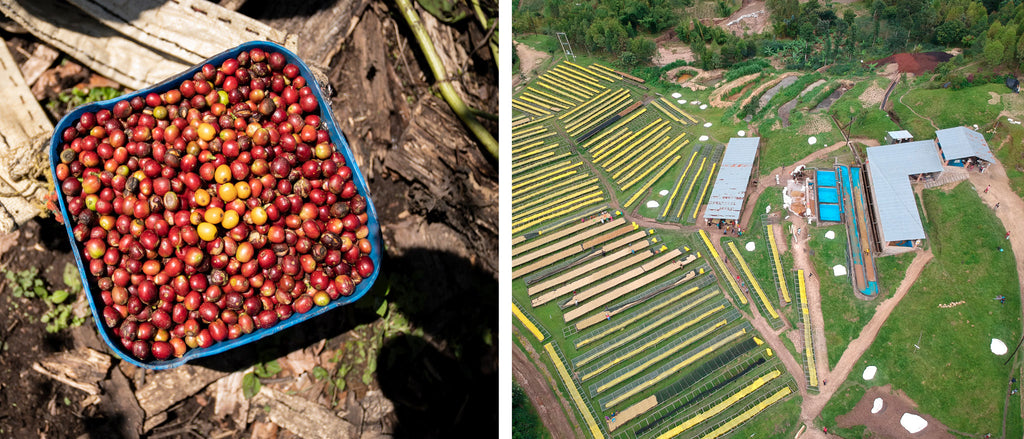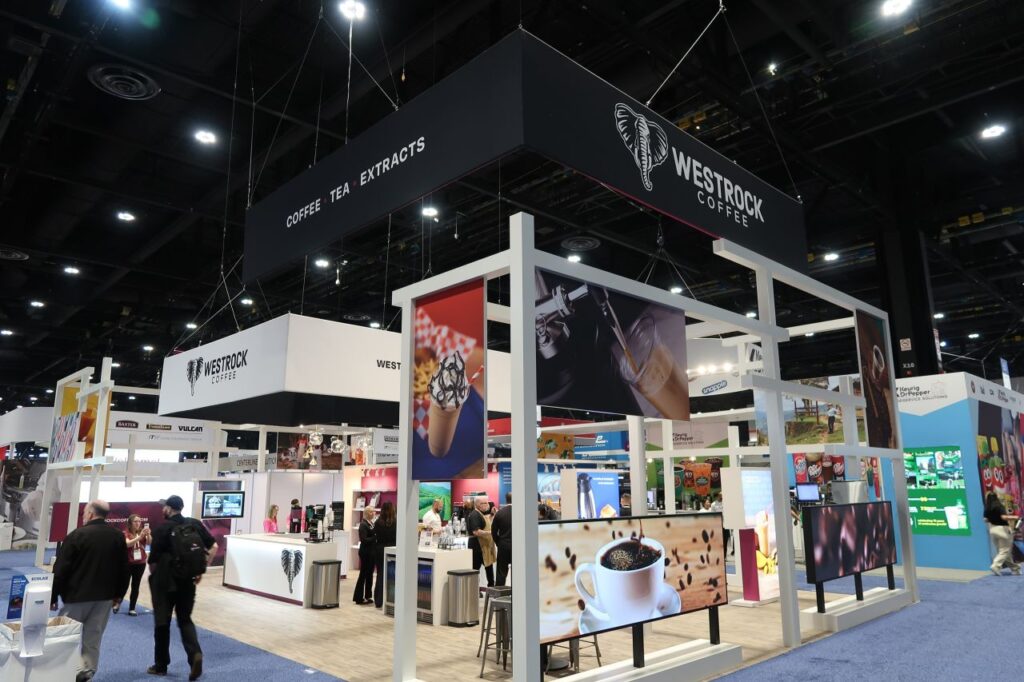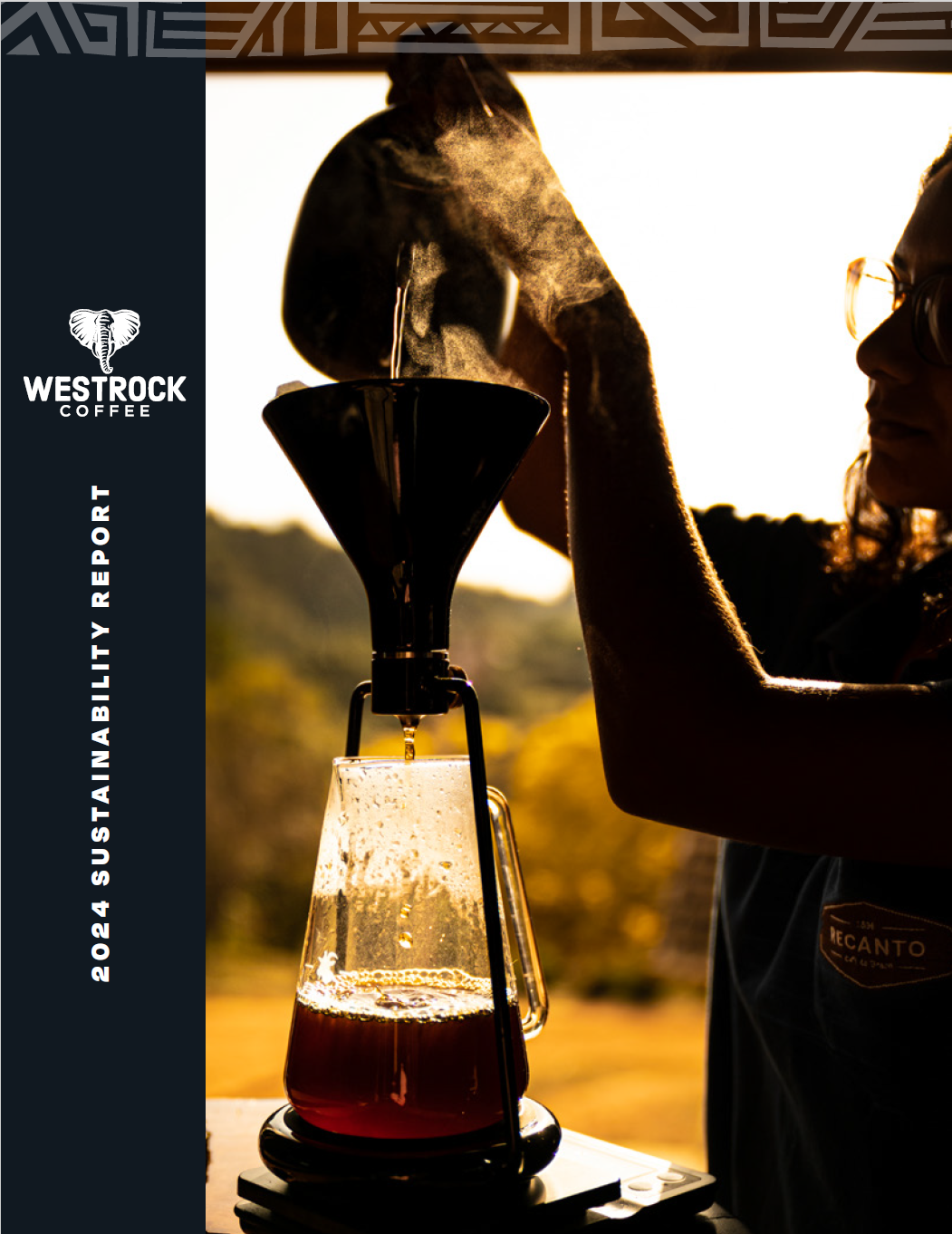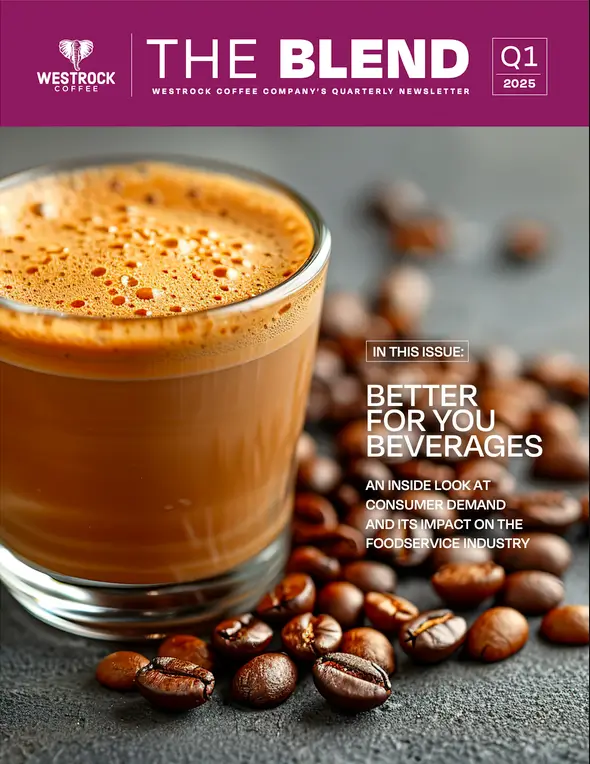July 26, 2023
Welcome to our first feature in our Origin Feature Series! We are taking you back to where it all began, Rwanda!
Rwanda is a land-locked country in East Africa. Many of its citizens earn their living in agriculture, and coffee is one of the country’s primary export materials. Coffee is grown on roughly 400,000 small family farms across the country, most of which are characterized by high elevations, steep hillsides, and rich, volcanic soils.
Coffee has been grown in Rwanda since the early 1900s. Historically, most of the volume was processed and exported as a low-grade product even though Rwanda’s natural elements are predisposed to rendering specialty coffee. At the end of the last century, a national effort was organized to improve the quality and consistency of Rwanda’s coffee exports, which spurred global market demand for its unique taste profile. This action set the stage for Westrock Coffee and its sister company, Rwanda Trading Company (RTC), to open operations in 2009.
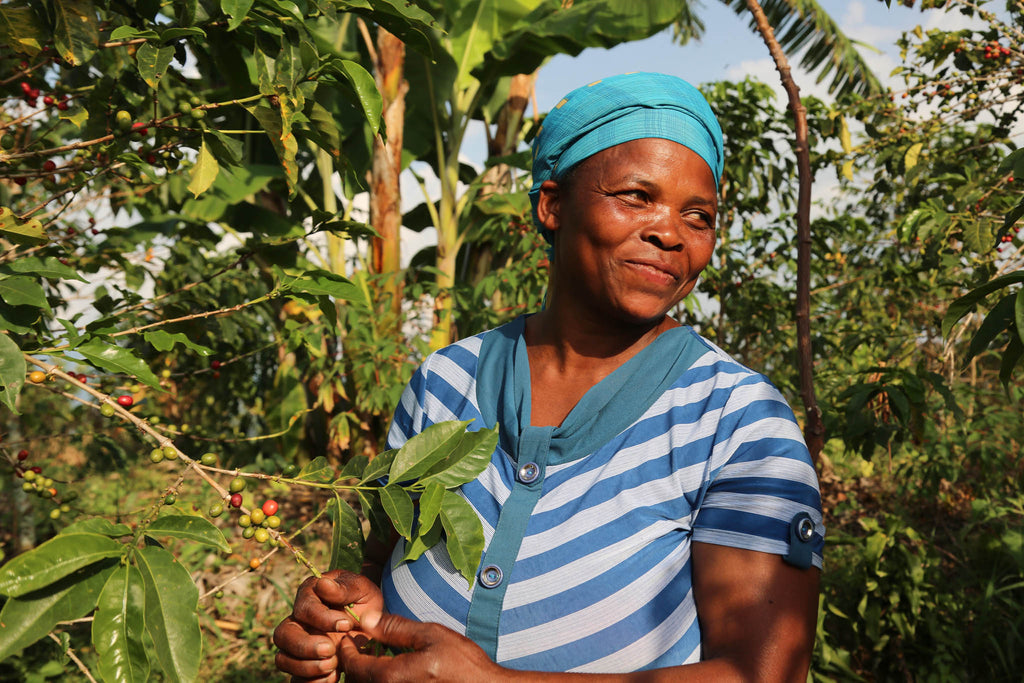
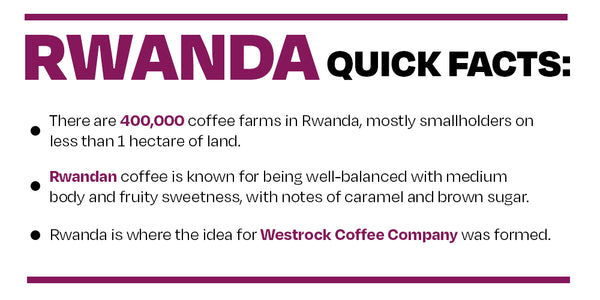

We got into the coffee business in Rwanda because we knew that farmers, despite producing high-value coffee, faced tangible livelihood challenges. So we became a coffee buyer, exporter, roaster, and packager to answer two basic questions:
- What price can we pay farmers and still make enough profit to return the next season?
- Other than price, what factors have the power to improve the financial condition of those we most depend on in our supply chain?
In its first four seasons, RTC established a transparent business with 65,000 farms across the country. Once these relationships were established, RTC turned its focus to the farm level, where farmers’ trees were producing about 30% of their potential.
In 2013, RTC established the Agribusiness Training Program (ATP) to teach farmers how to transform their coffee farms into healthy, profitable businesses. Through the ATP, RTC’s team offered our farmer partners training on financial literacy, agribusiness management, and sustainable agronomy practices. The first two years of training with 2,200 farmers yielded an astounding 171% yield growth and 80% income uplift. These results kick-started a massive expansion of the program. By the end of 2021, 52,424 farmers were ATP-trained with 227% more cash in their pockets, on average.
Westrock Coffee’s program spurred these results, but they would not have been possible without the grit demonstrated by our farmer partners in Rwanda. Farmers matched the transparent business and economic opportunity offered to them with endless hard work. This origin has so many things that make it unique – rich soils, high altitudes, breathtaking landscapes, the list goes on – but the mainstay is the grit demonstrated by the people who grow the coffee.
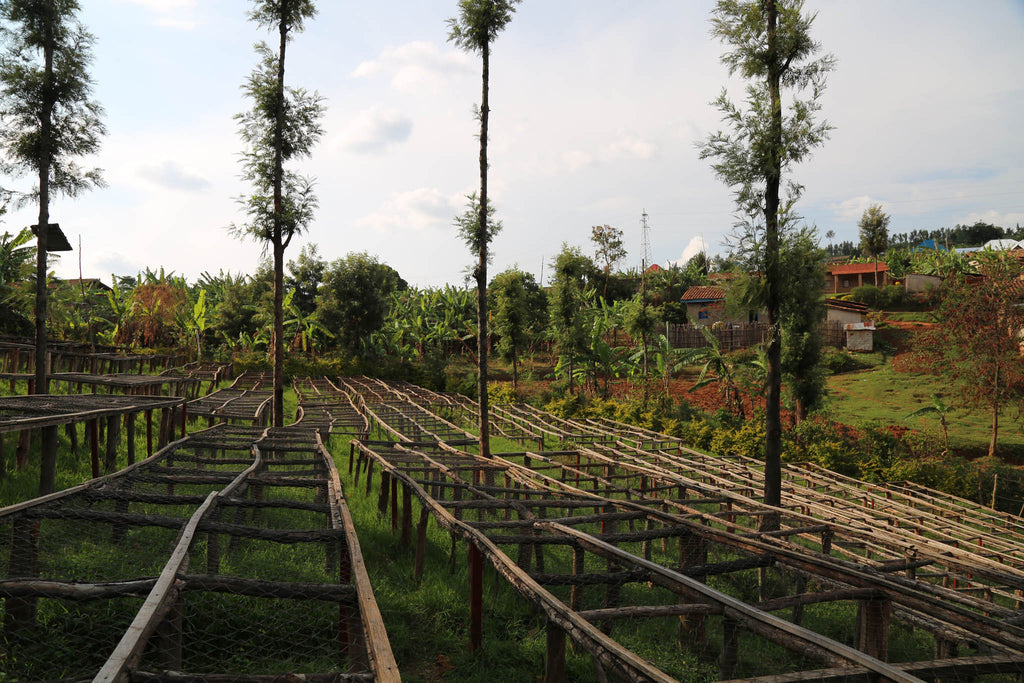

Our resident coffee sensory experts had this to say about their experiences with coffee from Rwanda: We find Rwandan coffees to often have notes of black tea and lemon, crisp and refreshing. Though the flavor profile isn’t one most coffee drinkers are used to in our experience, once they’ve tasted a cup of Rwandan, they quickly are converted.
